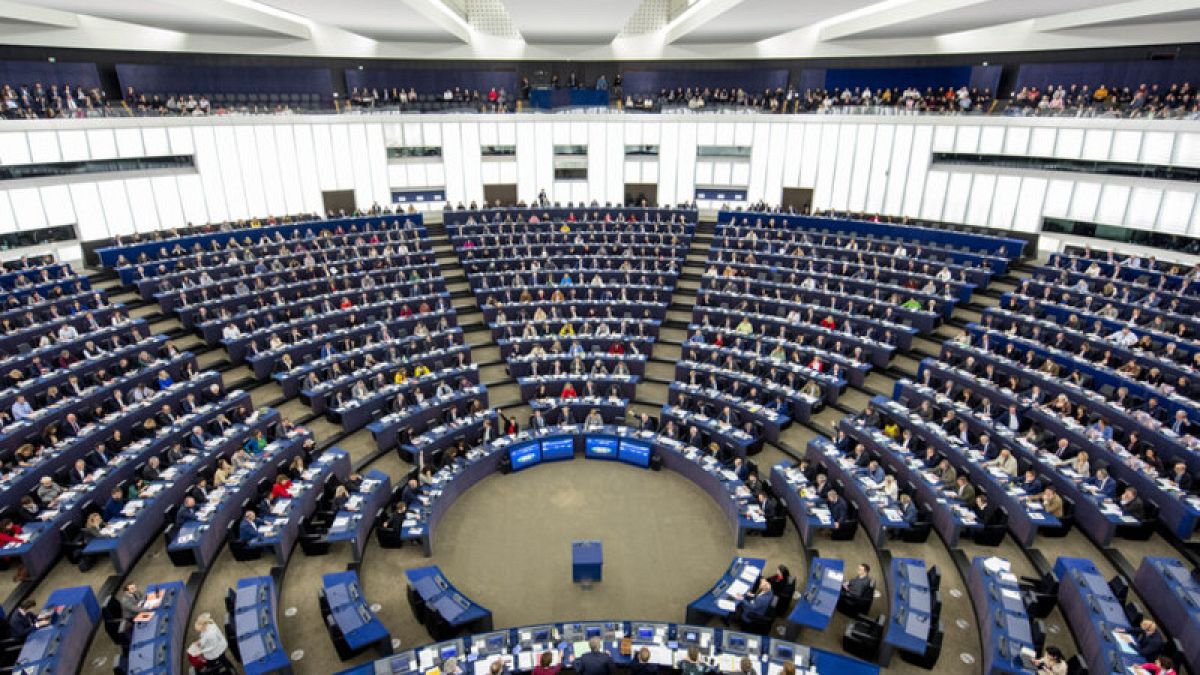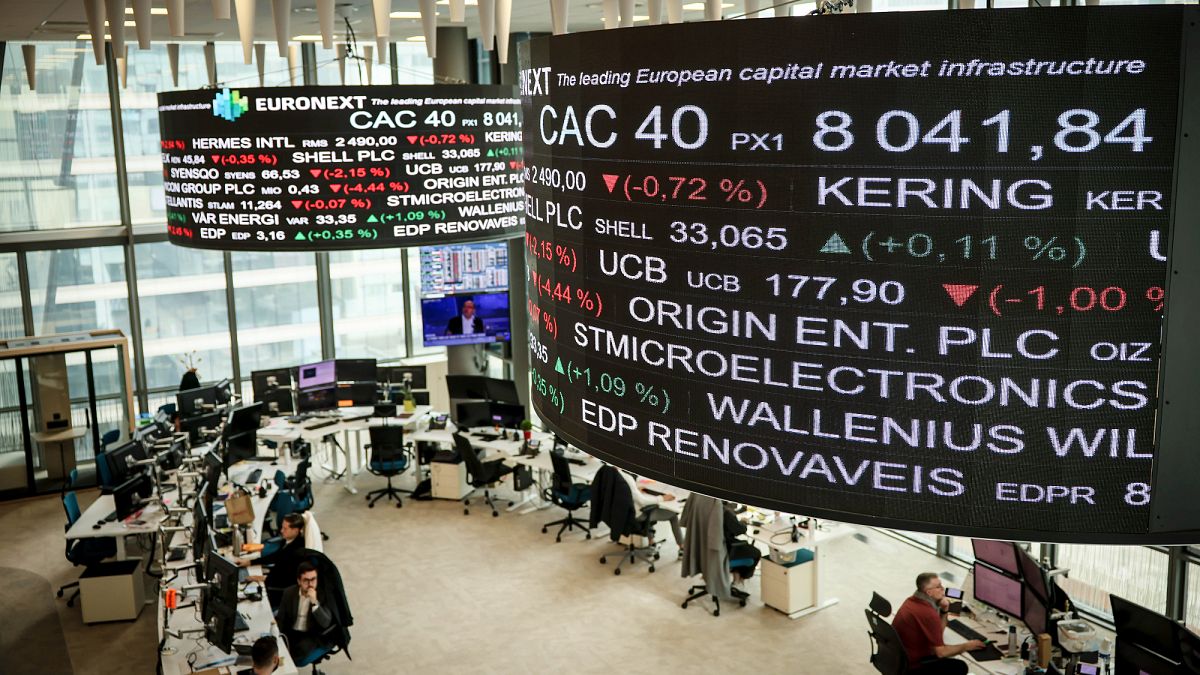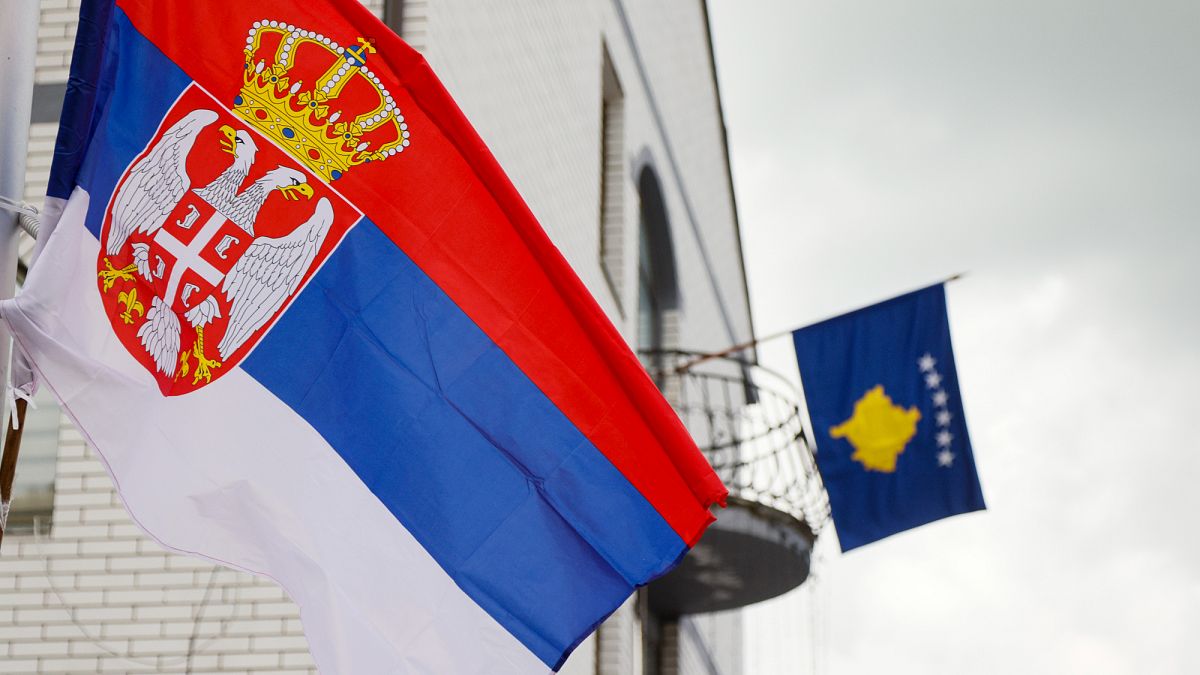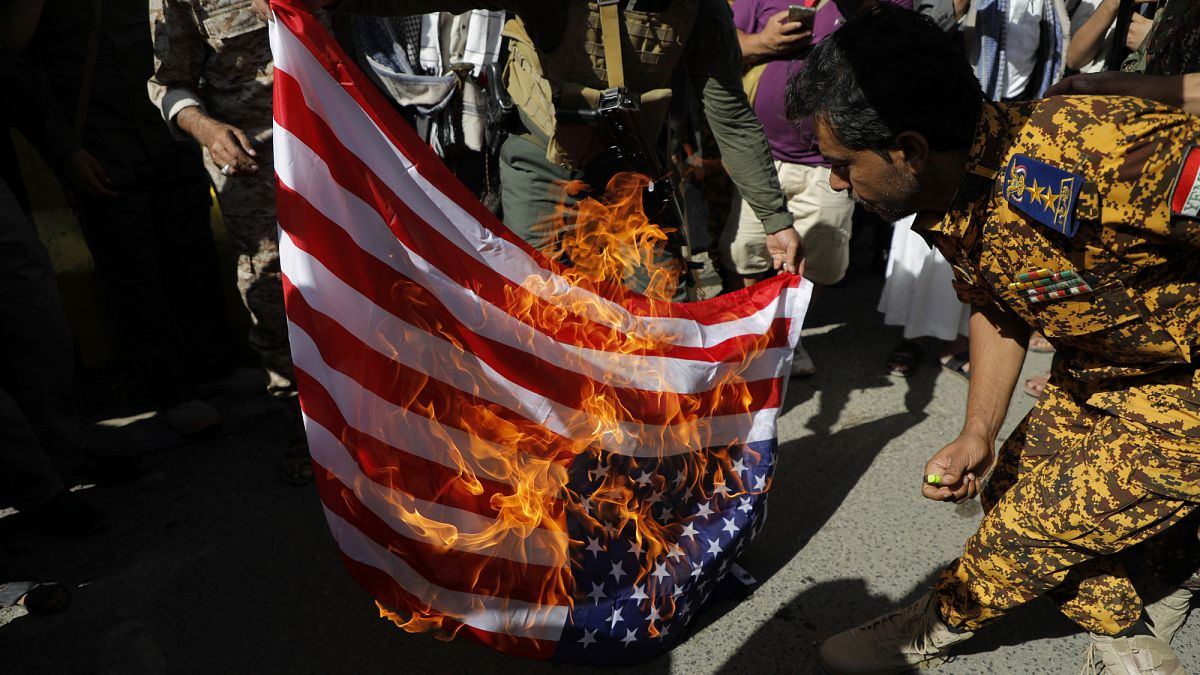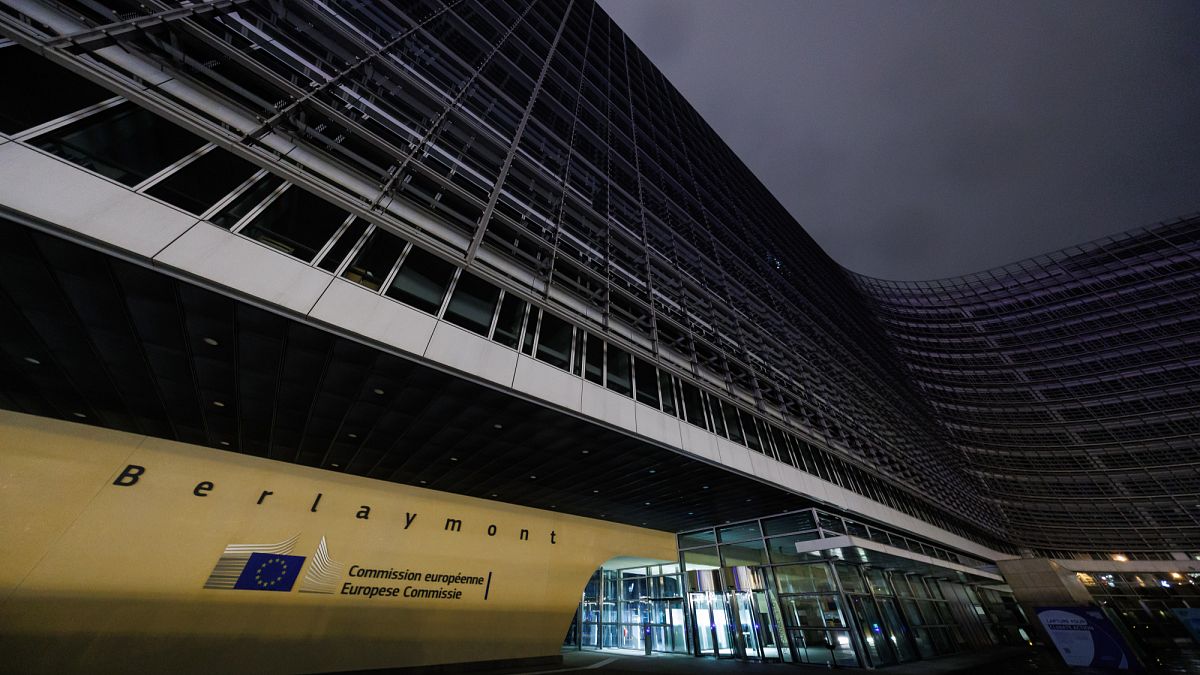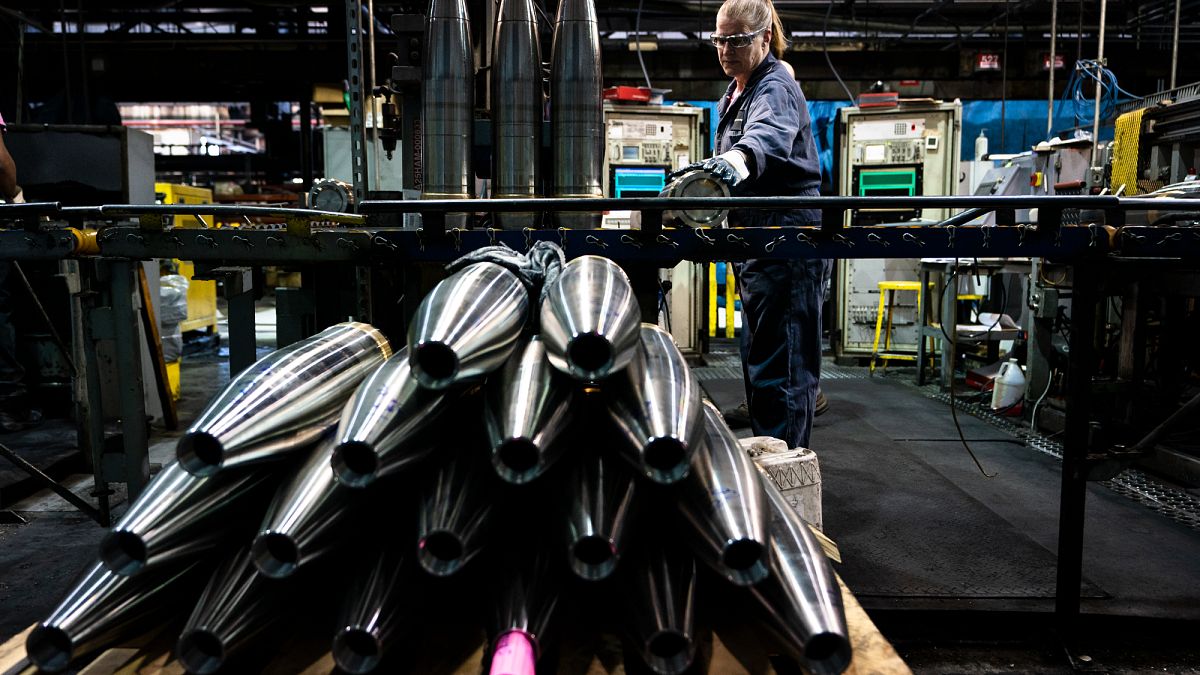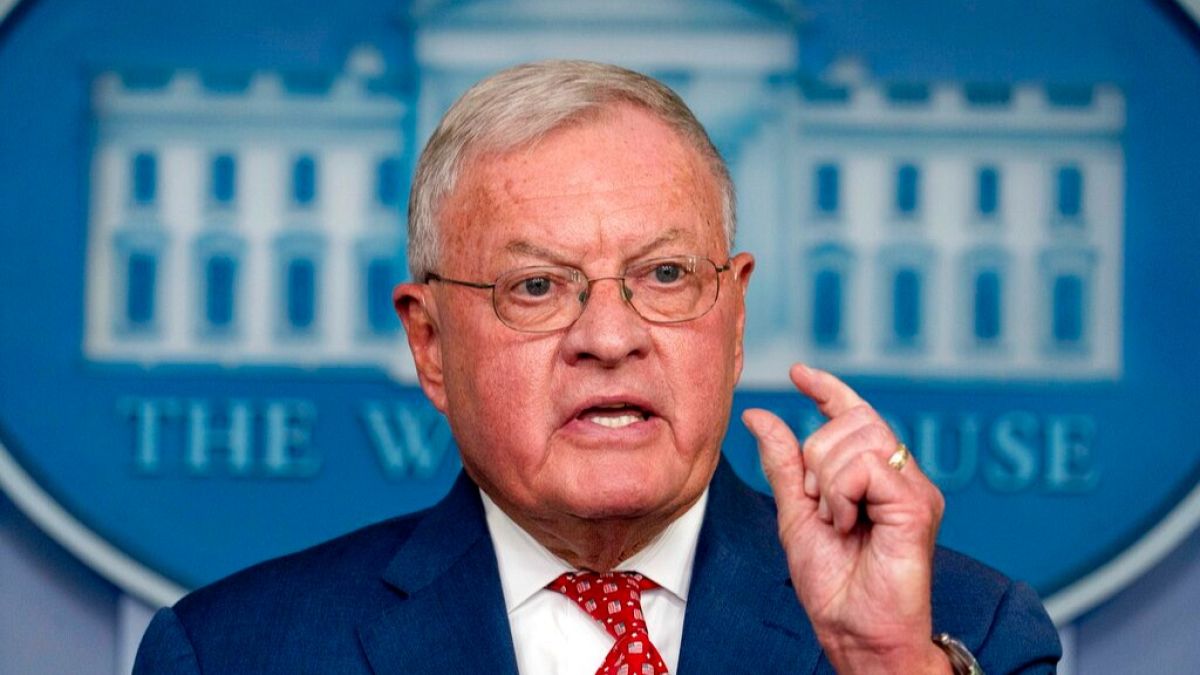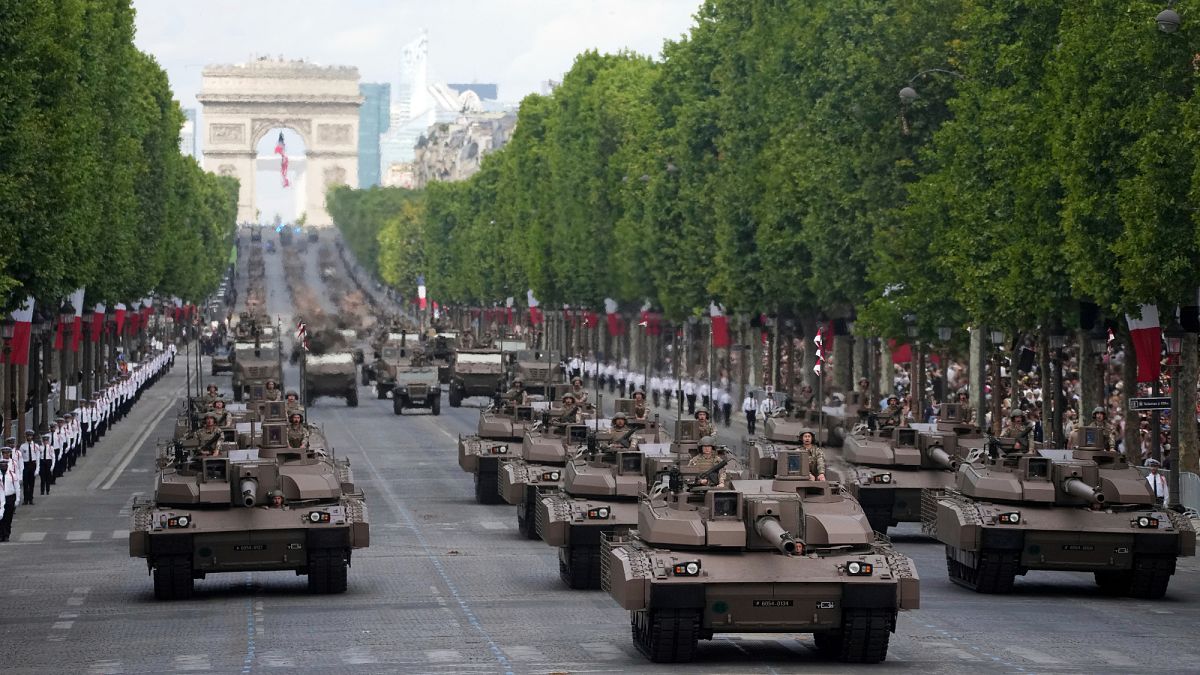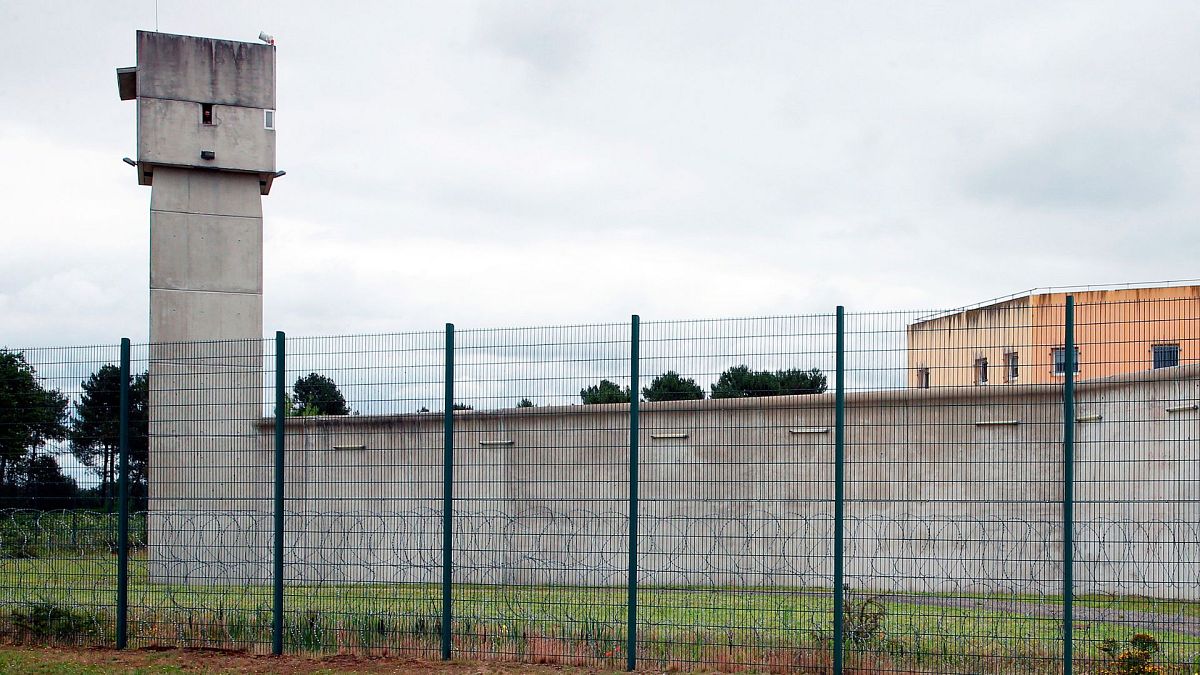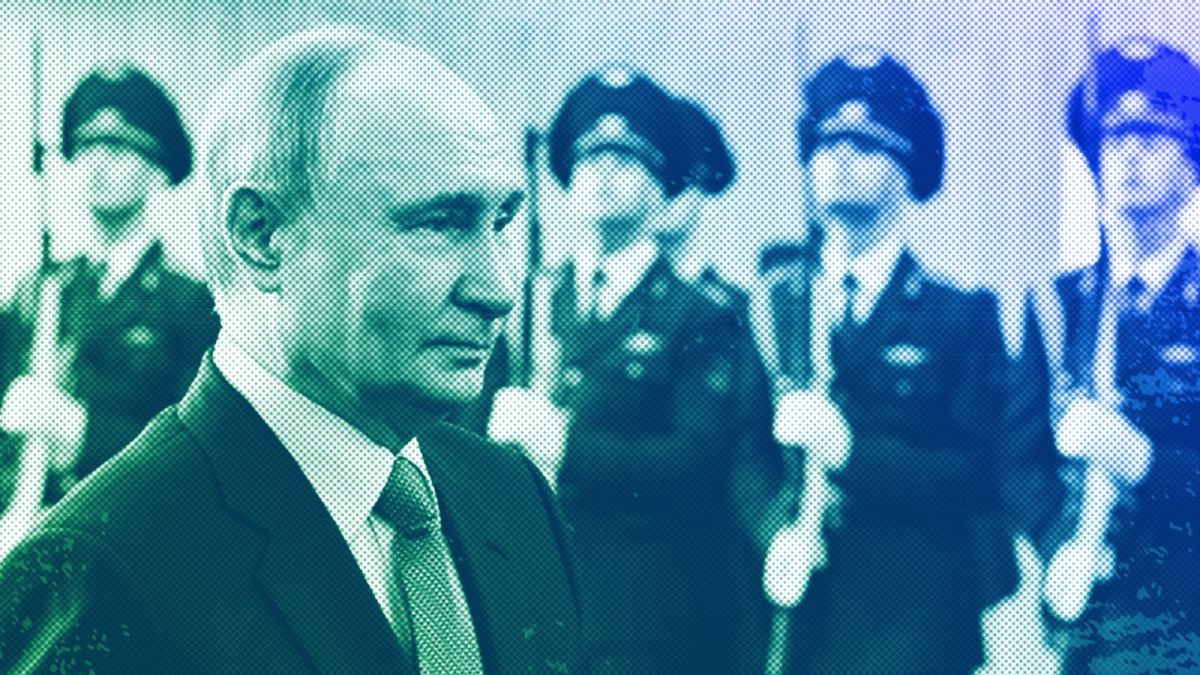As the European Commission prepares to publish on Wednesday its proposal for the next seven-year EU budget, political groups in the European Parliament are preparing to fight tooth and nail to defend their funding priorities.
Since the 2009 Treaty of Lisbon the Multiannual Financial Framework (MFF) has required the regulatory consent of the European Parliament in addition to the unanimous consent of the EU member states.
This means that a majority of Members of Parliament must approve the final text, giving the largest political groups some leverage to push for their demands to be included.
The European Social Fund: a red line for Socialists
The Socialists and Democrats (S&D) group were the first to enter the fray last week. Socialists claimed they had received reassurances from Commission President Ursula von der Leyen that the European Social Fund (ESF) would remain a cornerstone of the next EU budget.
This promise led them to vote against a no-confidence motion promoted in the European Parliament, which was eventually defeated by a large majority.
The ESF is a fund designed to support employment, social inclusion, education and skills across the EU’s member states, accounting for almost €100 billion in the current financial framework.
It is indeed the top priority for Socialists, which deems its inclusion in the EU budget fundamental. “We cannot accept an MFF without the European Social Fund. It’s very important to support health, education, employment, [workers’] skills,” MEP Carla Tavares, the S&D’s budget negotiator, told Euronews.
Beyond this, the group is pushing for a larger percentage of member states’ gross national income to be devoted to the EU budget, with the current figure at approximately 1.2%.
An EU levy on digital companies and another on small parcels sent to the EU are also among the Socialists’ demands, several MEPs told Euronews.
EPP to defend agricultural and cohesion funding
The European People’s Party (EPP), the largest group in the Parliament, also wants the ESF to be included, according to its lead MEP for budget talks, Siegfried Mureșan.
“The Parliament as a whole will defend the European social fund,” he told Euronews.
“Security and competitiveness need to be the new priorities of the budget, with special attention given to research and innovation,” the Romanian MEP argued.
But the EPP does not want these aspects to be financed at the expense of the Common Agricultural Policy (CAP) and cohesion funds—two budget lines that could be significantly reduced.
A separate budget for farmers is needed, according to Mureșan, as well as direct allocations for regions under cohesion policy. The EPP opposes the idea of merging agriculture and/or cohesion policy into a broader fund—a concept pivotal to the Commission’s proposal, as reported by Euronews.
The European Conservatives and Reformists (ECR) are also championing the CAP and cohesion funds as stand-alone instruments. They support investments in critical defence infrastructure such as transport connections, power grids, and communication networks that also improve military mobility, as stated in the group’s position paper on the MFF.
Liberals oppose the idea of ‘national cash pots’
The liberal Renew Europe group strongly opposes the idea of dividing the EU budget by merging different programs into a single national cash pot. This idea, which has also been circulating ahead of the proposal’s unveiling, could sideline EU regions by granting power over expenditure to national governments alone.
“This is wrong. It threatens the very fabric of the union and risks severing the link our regions have with the EU institutions,” Renew’s lead negotiator for the MFF, French MEP Fabienne Keller, wrote in a position paper.
Liberals also want more and stable “own resources”— revenues that the EU collects directly from citizens, complementing national contributions — and oppose any funding for “autocrats”, as the party labels leaders including Hungarian Prime Minister Viktor Orbán.
The proceeds of the EU Carbon Border Adjustment Mechanism, the benefits of an OECD agreement on tax evasion, and a tax on small parcels delivered from outside the EU could be good candidates for revenues at EU level, the group believes.
“If we do not find new own resources for our budget then we will only be left with cuts”, said Keller in a statement to Euronews.
Far right against funding defence and Ukraine
The far-right Patriots for Europe (PfE) group claims that the European Commission wants to set up a “wartime budget” by cutting funding for European farmers.
PfE doesn’t support EU financial aid to Ukraine and rejects any EU-level taxation. Cracking down on irregular migration and scrapping climate policies are the key goals for the group.
“EU funds must support […] the strongest possible external border protection. The Green Deal must be scrapped: its agenda is destroying farmers, crippling industries, and burdening families,” the head of PfE’s Hungarian delegation, Tamás Deutsch, wrote in an internal booklet for his fellow MEPs.
Protecting external EU borders is also the top priority of the Europe of Sovereign Nations (ESN) group, followed by tax relief, funding innovative research initiatives, safeguarding farmers’ incomes and what they call “a consistent, results-oriented use of funds”.
“Every euro of the MFF has to deliver a clear benefit for citizens; costly prestige projects are out of place,” ESN German MEP Alexander Jungbluth told Euronews.
Greens and The Left for climate and social justice
The Greens/EFA group advocates that at least half of the next EU budget be spent on green objectives, co-president Terry Reintke said during the plenary debate on the topic last week in Parliament – 30% of the current MFF is earmarked for climate-related projects.
This group also wants the Commission to introduce a tax on digital services to finance new budget needs.
The Left’s Portuguese MEP João Oliveira outlined his group’s priorities in a statement to Euronews: the housing crisis, social and economic cohesion, full employment across member states, improved living conditions for workers and the fight against poverty.
“The Commission must resist its worst instincts of ramping up defence spending at the expense of policies with a direct impact on livelihoods and public services,” he said.
The Left opposes any cuts to cohesion, agriculture and fisheries policies and calls instead for a €20bn European Child Guarantee, to fight against child poverty and social exclusion.
If Parliament’s demands are ignored, MEPs have the right to return the proposal to the Commission and reject it as a basis for negotiation.
When negotiations start, political groups’ priorities will be closely intertwined with the tug-of-war between the Parliament and the member states, which often have different priorities for funding. One thing has already been made clear in a resolution adopted in May: the current level of contributions granted to the EU by member states is not enough.



